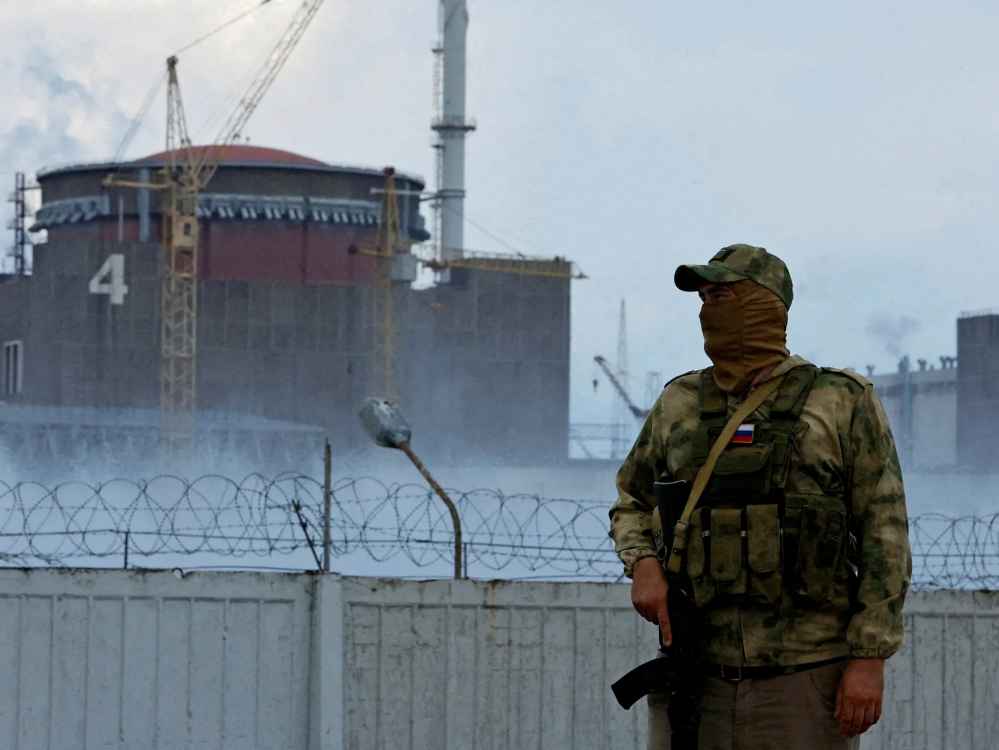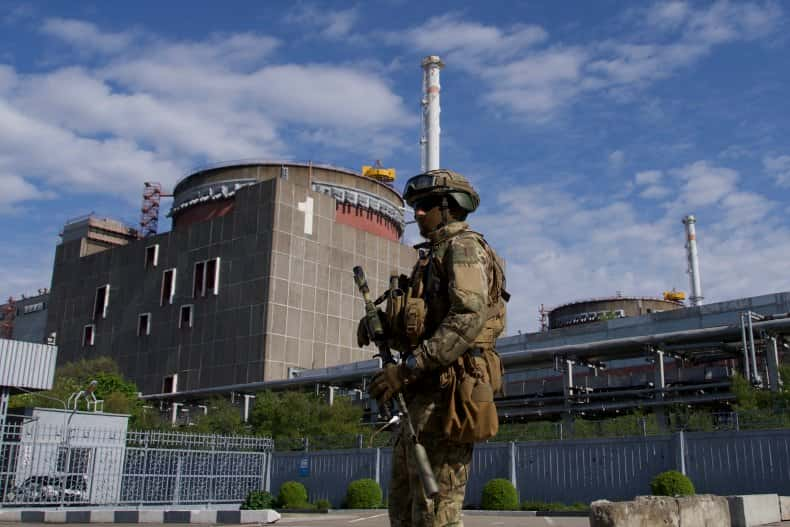These Russia nuclear fuel imports, amounting to vast quantities, are providing Russia with much-needed revenue, even as it continues its military actions against Ukraine.

Amidst the ongoing conflict between Russia and Ukraine, concerns are growing over the substantial imports of Russia nuclear fuel and compounds from Russia by the U.S. and European allies
The legal and unsanctioned sales have sparked worries among nonproliferation experts and elected officials. They argue that these Russia nuclear fuel imports are inadvertently supporting the expansion of Moscow’s nuclear weaponry and complicating efforts to curb Russia’s aggressive pursuits.
The reliance on Russia nuclear fuel, mainly for civilian reactors, exposes the U.S. and its allies to potential energy shortages if Russian President Vladimir Putin decides to halt supplies. This vulnerability is set to intensify as these nations strive to increase their emissions-free electricity generation in the fight against climate change.
Henry Sokolski, the executive director of the Nonproliferation Policy Education Center, criticized the situation, questioning why nations would financially support weapons producers. Russia nuclear fuel sales to the U.S. and Europe reportedly amounted to around $1.7 billion, despite the stringent sanctions imposed on Russia for its invasion of Ukraine.
Despite the sanctions, the West has refrained from targeting Russia’s nuclear exports, as they play a crucial role in maintaining reactor operations. In fact, about 12% of the U.S.’s uranium and 17% of Europe’s uranium reportedly came from Russia in 2022.
The reliance on Russia nuclear fuel is set to grow as nations seek alternatives to fossil fuels
However, this dependence also raises concerns about reactor safety and radioactive waste disposal. Approximately 60 reactors are currently under construction globally, with plans for 300 more.
Several countries operating nuclear plants, around 30 in total, are importing radioactive materials from Russia’s state-owned energy company, Rosatom, and its subsidiaries. Rosatom, a leader in uranium enrichment, exported nuclear energy-related goods and materials worth around $2.2 billion in the previous year.
Rosatom’s CEO, Alexei Likhachyov, stated that the company’s foreign business could reach $200 billion over the next decade, significantly supporting its atomic arsenal development. While Ukrainian officials are urging sanctions on Rosatom, nuclear energy proponents suggest it would be challenging for the U.S. and Europe to sever ties with Russian nuclear products.
Historical reasons contribute to this reliance, dating back to a 1993 nonproliferation deal that allowed the import of inexpensive uranium from Russia. Additionally, the Fukushima Daiichi disaster in 2011 led to reduced global demand for nuclear fuel.
Efforts to reduce dependence on Russian uranium are visible in some European nations. Sweden and Finland, for instance, have taken steps to reduce or eliminate Russian nuclear fuel in their energy mix. Despite the challenges, experts believe that political pressure and supply concerns will eventually drive Europe to seek alternatives to Rosatom’s offerings.




